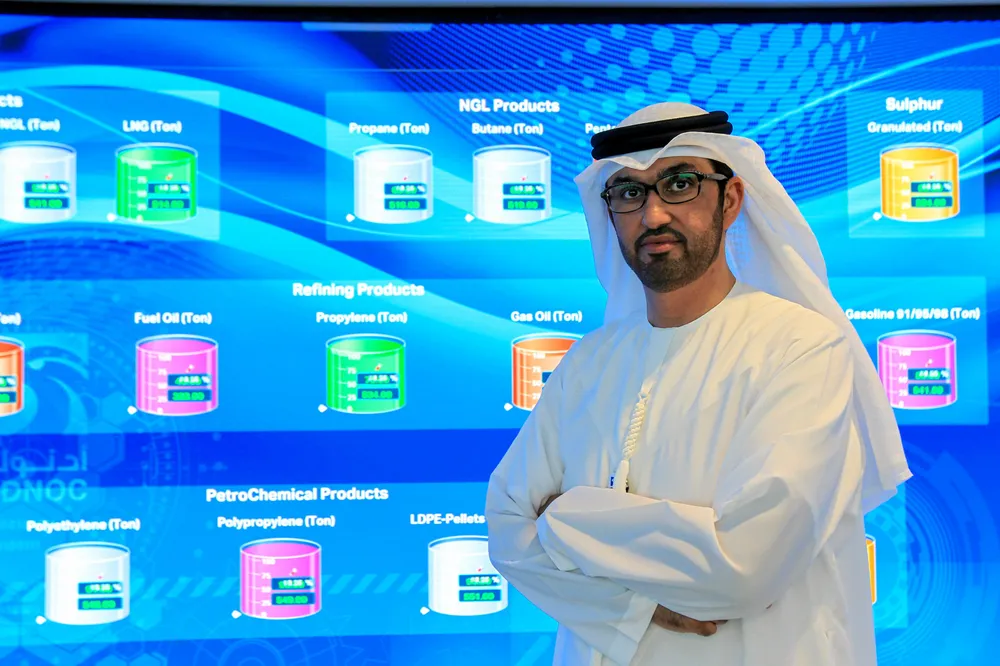Adnoc signs ‘landmark’ energy deal to decarbonise its grid power
The strategic agreement will see up to 100% of Adnoc's grid power supplied by EWEC’s nuclear and solar clean energy sources from next year

The strategic agreement will see up to 100% of Adnoc's grid power supplied by EWEC’s nuclear and solar clean energy sources from next year
